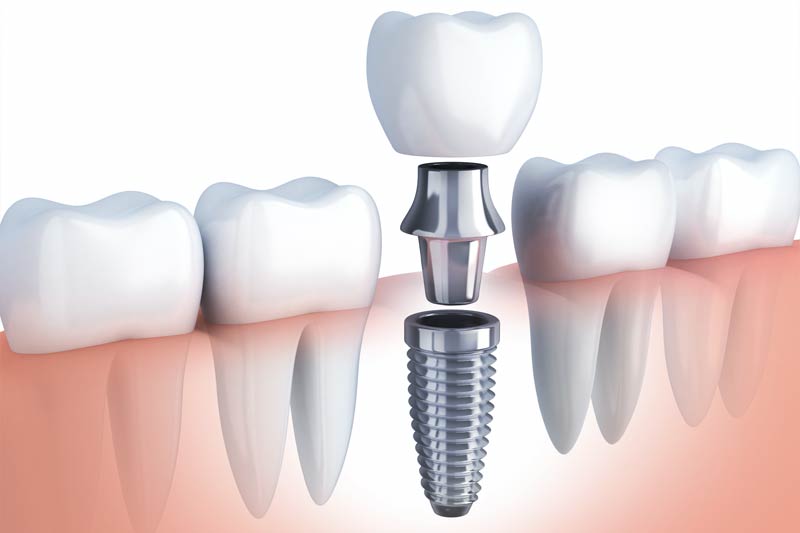
Affordable Toothache Relief & Treatment Near Me, Brandywine MD
Toothaches are usually the result of tooth trauma or a dental condition, such as a cracked tooth, dental cavity, advanced gum disease, an exposed tooth root, or disorders of the jaw joint (temporomandibular joint). Pain can be either mild, severe or somewhere in-between, and it can vary from periodic to chronic.
Causes of tooth pain
The most common cause of dental pain is tooth decay, or cavities. Cavities are holes that form in the two outer layers of a tooth (tooth enamel and dentin) when you don’t brush your teeth properly, allowing acid in the mouth to erode them. If cavities are small in size, they may not cause any pain. However, as the cavity gets larger and deeper into the inner living tooth tissue (pulp), severe pain is felt when anything cold, hot, or sweet comes in contact with it.
Other causes of tooth pain include:
- Dental abscess – a tooth with a severe pulp injury can have an especially high risk of infection.
- Periodontal disease – bone loss and formation of deep gum pockets that cause gum infection and pain
- Tooth root sensitivities
- Impacted tooth
- Temporomandibular joint (TMJ) disorders – caused by arthritis, jaw injury from impact or recent dental work, or jaw muscle fatigue from habitually clenching and grinding teeth
Treatment for tooth pain
Depending on the diagnosis, your dentist may recommend one or more of the following treatments for a toothache:
- Over-the-counter pain relief medication
- Extraction of an impacted tooth
- Topical fluoride application for minor tooth sensitivities
- Dental filling for small and shallow cavities
- Dental crown for larger cavities
- Root canal therapy for cases that involve an injured pulp or infection,
- Tooth extraction of infected tooth followed by tooth replacement
- Teeth with advanced gum disease will need a thorough cleaning, as well as scaling and root planing in addition to improved tooth care habits.
The most important step is to visit a dentist for an examination of the mouth and teeth. An appropriate treatment may be suggested from that point.



